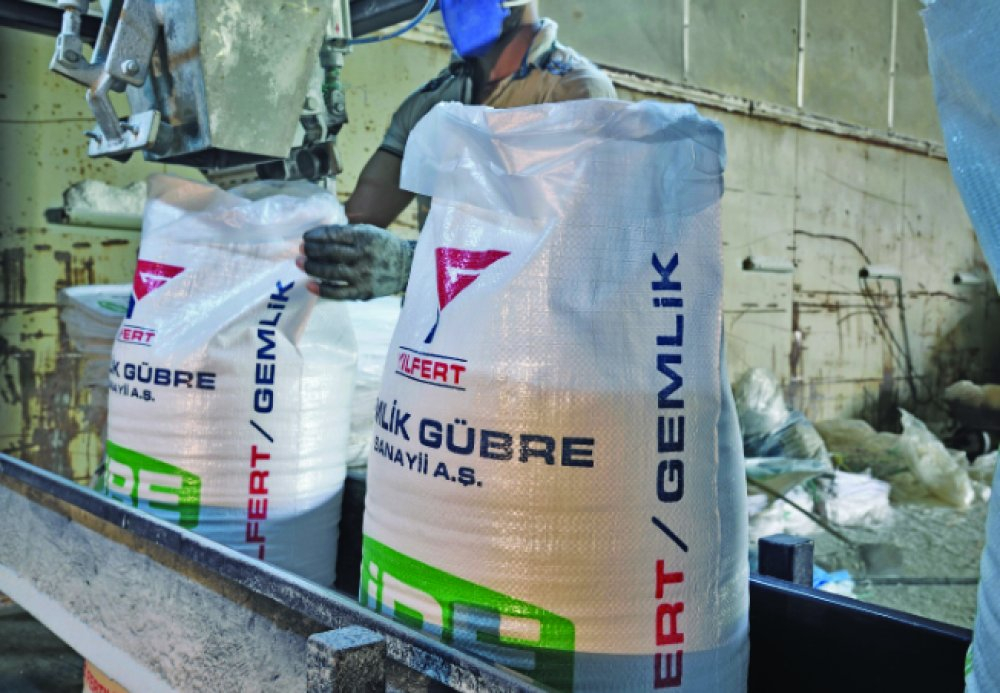The only major Croatian petrochemical company produces mineral fertilizers, at such a rate that their production consumes a fifth of the total amount of gas consumed in Croatia. The Turkish company took over the Terra mineral fertilizers company from its previous owners, INA and PPD. That company owns 54 per cent of Petrokemija’s shares. How much Ina and PPD earned from the sale to the Turks was not made public.
It was not easy sailing for the Petrokemija companies even before the Russian invasion of Ukraine, which started the global energy crisis. Just three months ago, the CEO of Petrokemija Davor Žmegač told Bloomberg TV that the problems started since the earthquake, the supply chain crisis and the increase in gas prices, and that it is not economically profitable for them to do business at all because their monthly gas bills reach one hundred million euros.
How the new Turkish owners will deal with all of these problems remains to be seen. Local farmers will wait to see if they’re still able to count on the fertilizers produced domestically, without which there is no sowing or harvest. The good news is that Yildirim has a rich experience in everything the Kutina company might need at this point.
Although Petrokemija operates with an annual income of around 300 million euros and has 1,250 employees, it will be only a small part of Yildirim Holding, whose annual income is reported to be around two billion euros and employs more than 16,000 people. Yildirim has companies operating in various industries, where the most profitable ones are mining, ports, petrochemicals, logistics and energy. The company was founded in 1963 as a construction business by Garip Yildirim, but has been the fastest-growing Turkish industrial group since 2005. Its current owners are the sons of Garip Yildirim, Ali Riza and Robert, who entered international trade outside the borders of Turkey in 1993 by importing coal from Russia. 15 years ago, they made their first foreign acquisition by taking over the metals company Vargön Alloys in Sweden, and today they have companies in 53 countries on five continents.
Their annual production capacity of all types of fertilizers exceeds two million tons, and Petrokemija produced one million tons of fertilizer in 2020. Given that Petrokemija’s production capacity is respectable compared to that of the Turkish owner, serious investments in Kutina and the continuation of operations can be expected. We will soon see what the first steps of the Turkish owners will be and how the integration into the Yildirim group will proceed, but Petrokemija could be on the verge of a renaissance, especially if its plants are able to get some cheap gas, which is probably something new owners have already looked at, and which might be an ace up their sleeve.








